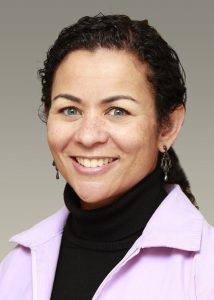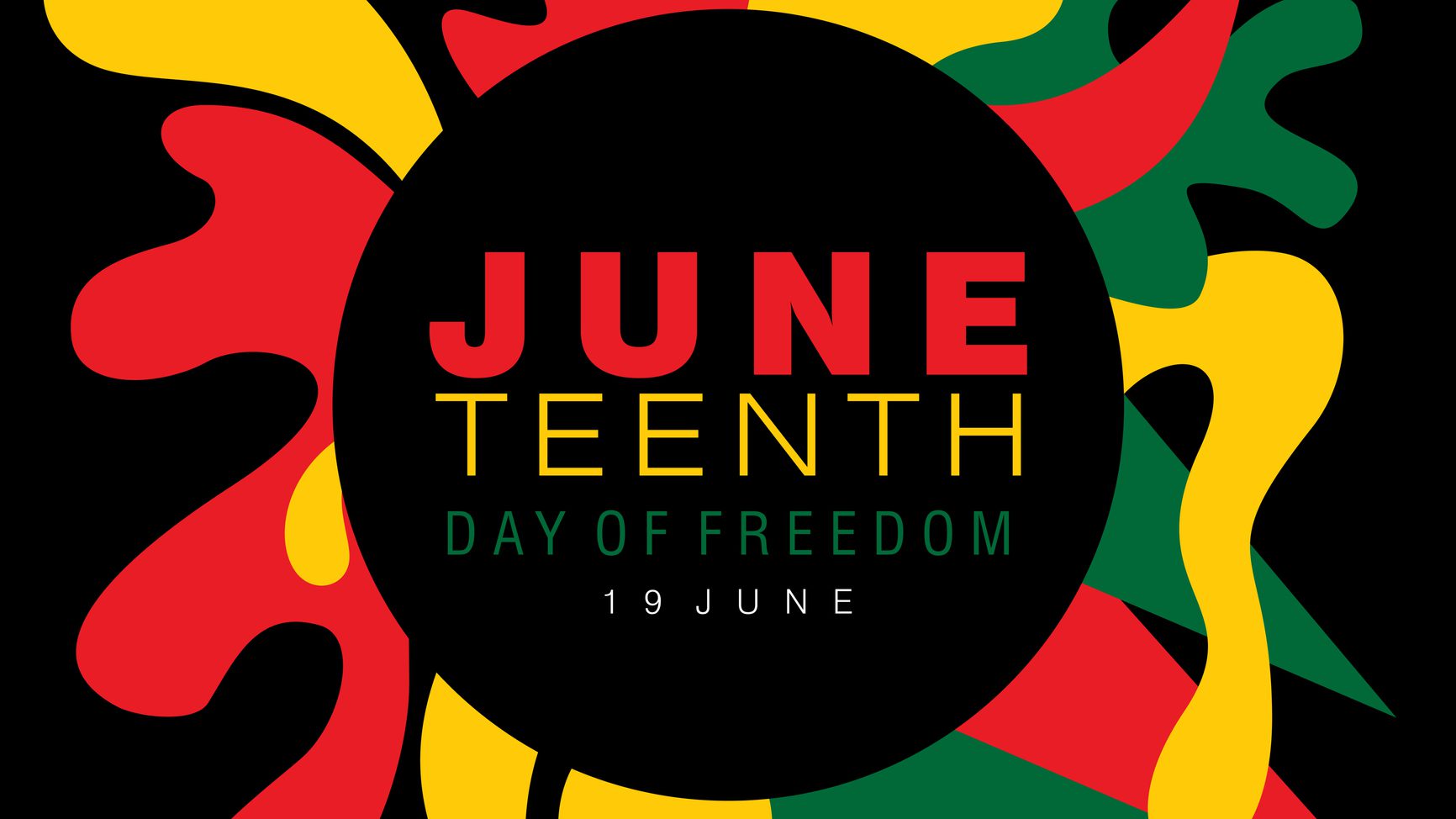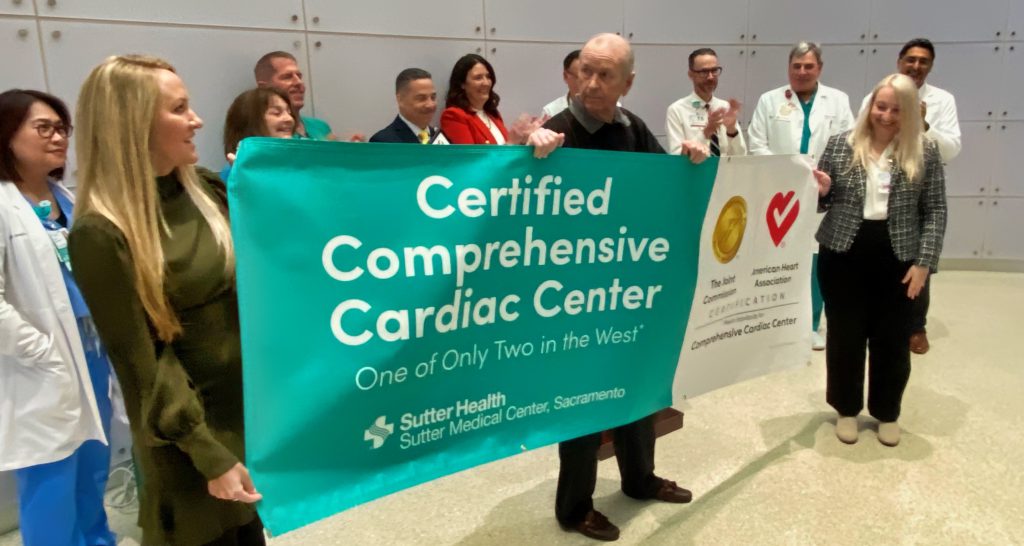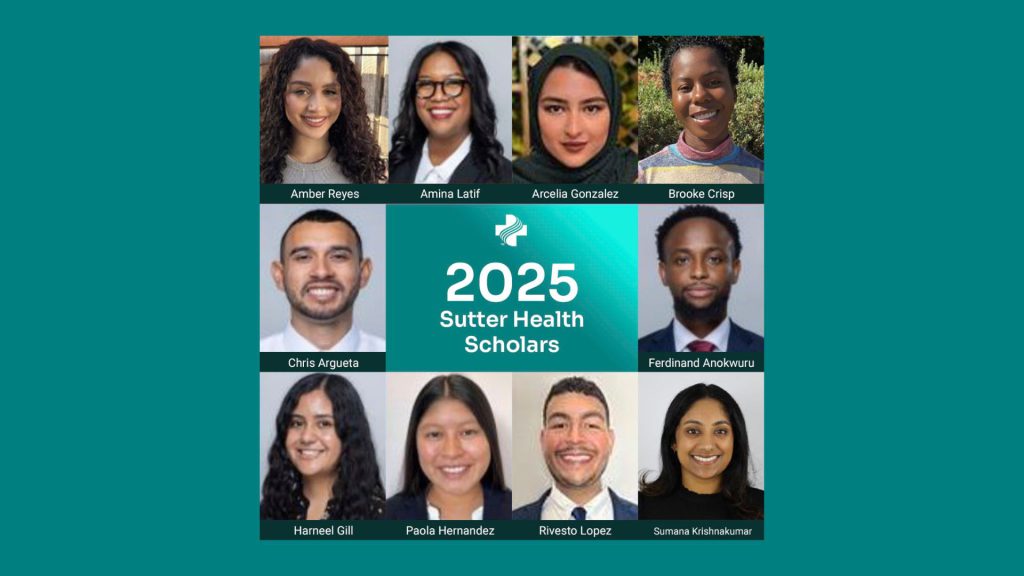Dineen Greer, M.D., is the program director for the Sutter Family Medicine Residency Program in Sacramento, part of the not-for-profit Sutter Health network. In honor of Juneteenth, we highlight Dr. Greer’s first-person narrative of what the observance means to her, to the field of medicine and for our communities overall.
Juneteenth, the country’s oldest observed recognition of the end of slavery, is a joyful celebration I’ve looked forward to every year. But this year, it feels bittersweet. The events of the past year—the incidents of racial violence, including George Floyd’s death, and the widespread recognition of racism’s impact with little tangible action to correct it—are for me a stark reminder of how far we have to go to address racial injustice. It can be discouraging.
Juneteenth celebrates the day news of the Emancipation Proclamation finally arrived in Texas on June 19, 1865, freeing the slaves some 30 months after the signing of the historic document. Clearly, it was a different world back then and news traveled slowly. However, some of the divisions that existed then still exist today and it can feel like Black Americans are still waiting for more good news and change to arrive.

Dineen Greer, M.D.
Many of our communities remain functionally segregated and entrenched viewpoints divide us even further. It hurts my heart as a mother of a Black son in his late teens that I need to worry about him possibly being stopped and harmed by police because of the color of his skin. And as a Black physician seeing families, many of my patients share with me their thoughts, feelings and disappointment that racism still exists today.
But there is hope. Many organizations, including Sutter Health, are taking a firm stand for diversity and inclusion. They understand that appreciating differences makes us stronger, and in Sutter Health’s case it helps us provide the personalized care our patients deserve. I’m also encouraged by Sutter’s Institute for Advancing Health Equity and its mission to identify and address disparities in healthcare.
Unlike 156 years ago, today we have the ability to raise awareness, develop relationships and collaborate with people of all backgrounds on many different channels. Growth and change have never been more possible, but it will take all of us to get there. We need the larger community, not just communities of color, to engage in these issues and have the difficult but necessary conversations. The last 10 years shows what a difference time can make. Just look at Pride Month (also June!) and how the LGBTQ+ community has made gains. In fact, it was June 26, 2015 when the U.S. Supreme Court struck down state bans on same-sex marriage in all 50 states.
My hope is that Juneteenth can serve as a springboard to start a conversation and celebrate what’s possible—not just for Black Americans, but for all of us. I invite all of my colleagues to learn more about Juneteenth and explore what’s happening in their communities. After the pandemic put a damper on in-person events last year, Juneteenth activities re-emerged this year in the Sacramento and Bay Area. These joyful celebrations of Black culture, food, music and dance are a wonderful way to connect as a community and safely enjoy one another’s company again.
Acknowledging our past and recapturing the rapture Blacks must have felt in Texas in 1865 can inspire us to make necessary changes now. A year from now when we’re again preparing to celebrate Juneteenth and the freedom it represents, my hope is that we can all look back and be proud of the steps we took to engage others and put our stamp on a better tomorrow.





